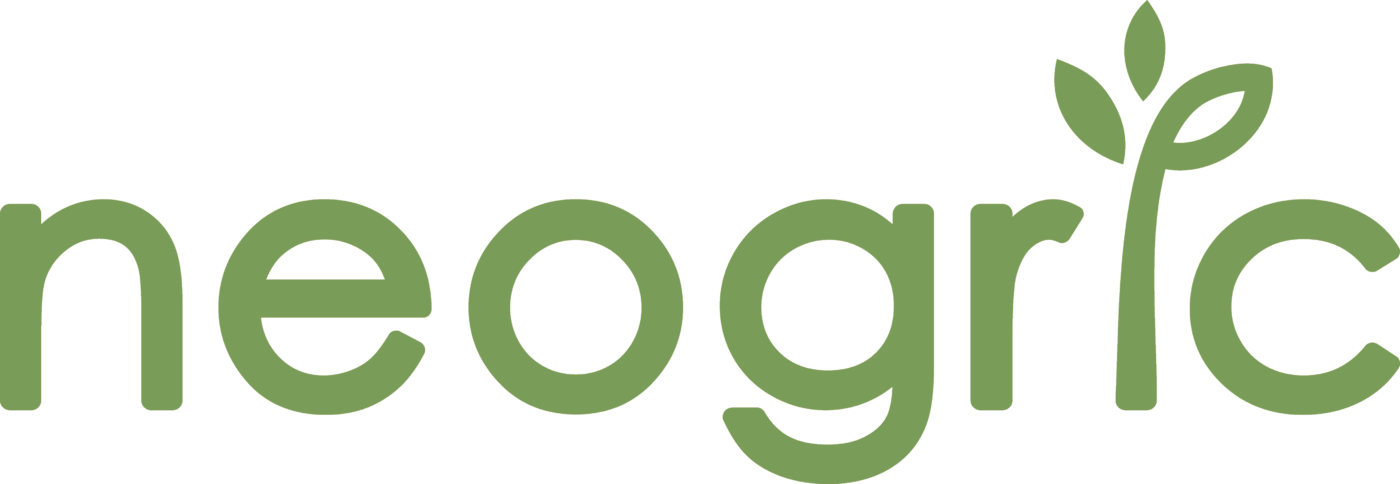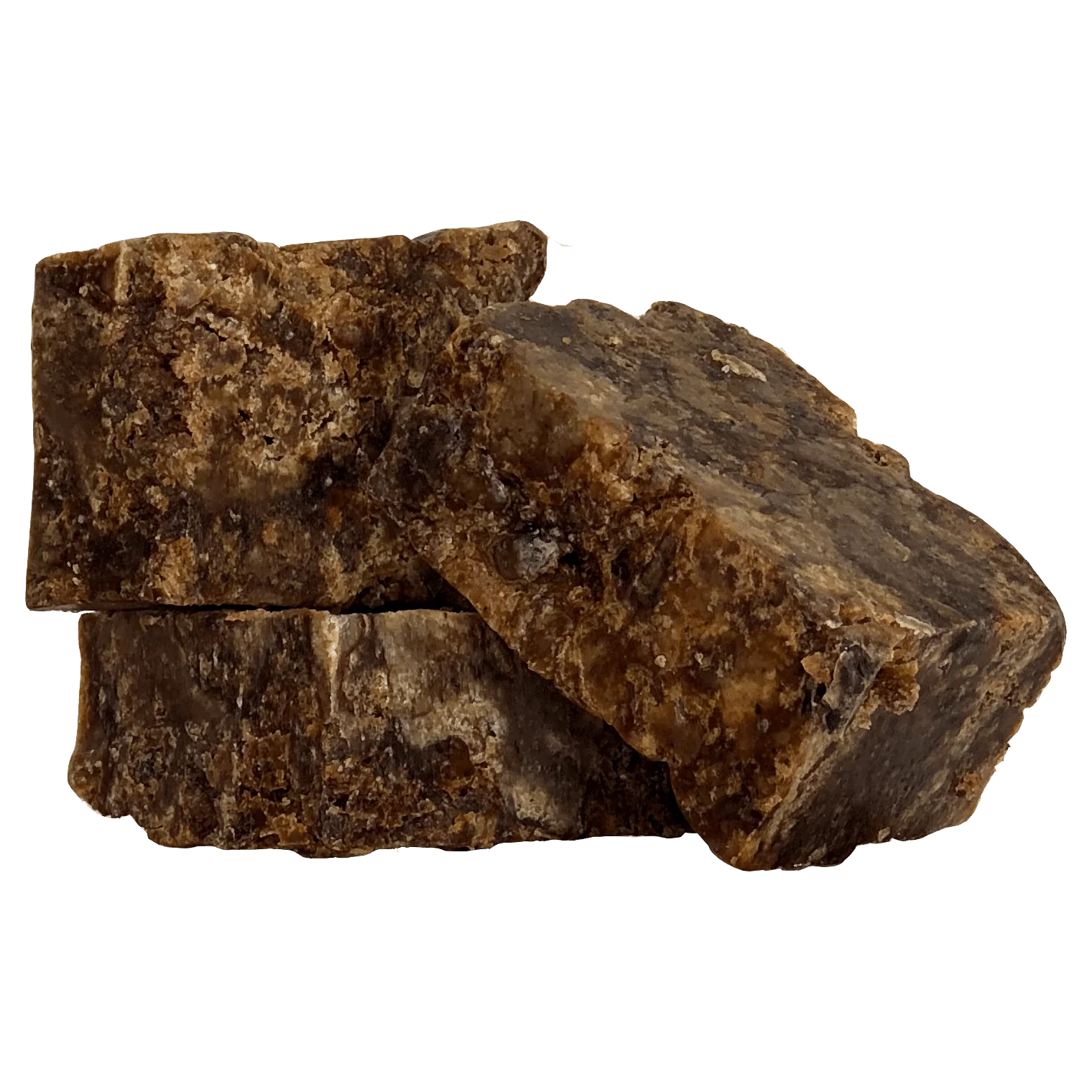What is The African Black Soap? Why Buy It?
African black soap, also known as Ose Dudu or Anago Soap in Yoruba, is a traditional soap originating from West Africa, particularly in Nigeria, Ghana, and other surrounding regions. It has been used for centuries by African women and men for its natural cleansing properties and is now gaining global recognition for its skincare benefits.
African black soap is traditionally made from locally harvested plants and natural ingredients, which can include plantain skins, cocoa pod ash, palm oil, palm kernel oil, and shea butter. These ingredients are sun-dried, roasted, and then combined to create a soap that is rich in vitamins A and E, iron, and antioxidants. The soap is known for its dark brown to black color, which comes from the roasted plantain skins and cocoa pods, and its slightly rough texture, which provides gentle exfoliation.
The benefits of African black soap are numerous, making it a sought-after product in the global skincare market. It is particularly valued for its ability to treat acne, eczema, and other skin conditions due to its natural antibacterial properties. The soap is also an excellent moisturizer, helping to soothe dry and irritated skin. Furthermore, African black soap is lauded for being suitable for all skin types, including sensitive skin, as it is free from synthetic chemicals, dyes, and fragrances.
Buying African black soap is a great choice for those looking to incorporate natural and traditional products into their skincare routine. Its versatility as a cleanser, exfoliant, and moisturizer makes it a must-have for anyone interested in maintaining healthy, glowing skin. Additionally, supporting the production of African black soap helps to sustain the local economies of the communities that produce it, promoting fair trade and ethical sourcing practices.
Top Producing/Exporting Countries of African Black Soap
The production of African black soap is deeply rooted in the traditional practices of several West African countries. The soap is handmade by local communities using age-old recipes passed down through generations. The top producing and exporting countries of African black soap are Nigeria, Ghana, and Ivory Coast, with each country contributing its unique variation to the market.
Nigeria is one of the largest producers of African black soap, with production concentrated in the southwestern region where the Yoruba people have been making the soap for centuries. Nigerian black soap is typically made using a combination of plantain skins, cocoa pod ash, palm kernel oil, and shea butter. The soap is an important product in the local economy, with many small-scale producers and cooperatives involved in its production. Nigeria exports African black soap to various countries, particularly in Europe and North America, where the demand for natural skincare products is high.
Ghana is another major producer of African black soap, particularly in the northern and central regions. Ghanaian black soap, known locally as Alata Samina, is often made with shea butter, cocoa pod ash, and palm oil. The soap is renowned for its high shea butter content, which gives it a creamy texture and makes it particularly moisturizing. Ghanaian black soap is widely exported to international markets, with a growing presence in the natural and organic skincare sectors.
Ivory Coast also plays a significant role in the production and export of African black soap. The country’s black soap is similar to that produced in Nigeria and Ghana, with slight variations in the ingredients and production methods. Ivorian black soap is highly valued for its purity and is often used as a base for more specialized skincare products. The soap is exported to various countries, contributing to the country’s economy and promoting the use of traditional African products in global markets.
Top Importing Countries of African Black Soap
The global demand for African black soap has grown significantly in recent years, driven by increasing consumer interest in natural and organic skincare products. The top importing countries of African black soap include the United States, the United Kingdom, Canada, France, and Germany.
United States: The U.S. is one of the largest markets for African black soap, with consumers increasingly seeking out natural and chemical-free skincare products. The soap is sold in health food stores, specialty skincare shops, and online platforms, often marketed for its ability to treat acne, eczema, and other skin conditions. The demand in the U.S. is fueled by a growing awareness of the benefits of traditional African skincare products and the trend toward more sustainable and ethical consumer choices.
United Kingdom: The U.K. is another significant importer of African black soap, with the product gaining popularity among those interested in organic and cruelty-free skincare. British consumers are drawn to the soap’s natural ingredients and its reputation as a remedy for various skin issues. African black soap is available in health and wellness stores across the U.K., as well as through online retailers.
Canada: In Canada, the demand for African black soap is also on the rise, particularly among consumers looking for effective natural skincare alternatives. The soap is available in specialty stores and online, with Canadian consumers appreciating its gentle yet effective cleansing properties. The Canadian market is increasingly embracing traditional African products, contributing to the growing imports of African black soap.
France: France, known for its strong skincare and beauty market, has also seen a growing interest in African black soap. French consumers, who are traditionally discerning about skincare products, are beginning to appreciate the benefits of this natural soap. The soap is often marketed in France as a high-quality, artisanal product, appealing to those who prefer natural and eco-friendly skincare options.
Germany: Germany is another top importer of African black soap, where it is valued for its natural ingredients and traditional production methods. The soap is available in organic and natural product stores, as well as through various online platforms. German consumers are increasingly interested in products that are both effective and environmentally sustainable, making African black soap a popular choice.
International Price of African Black Soap Per Metric Ton
The international price of African black soap can vary depending on factors such as quality, origin, and market demand. Prices can also fluctuate based on several variables, including the purity of the ingredients, the traditional methods used in production, and the specific market in which it is being sold.
African black soap that is produced using traditional methods and organic ingredients often commands a higher price due to the labor-intensive process and the quality of the final product. Additionally, the growing demand for natural and organic skincare products in global markets can influence the price, with higher demand leading to higher prices.
The cost of African black soap can also be affected by transportation and import duties, particularly when exporting to countries with stringent regulations on skincare products. As with any natural product, the price can also vary based on the harvest and availability of key ingredients like plantain skins, cocoa pod ash, and shea butter.
In summary, the unit price ($ per kg) of African Black Soap in the international market depends on a host of different factors including:
- The grade of the produce (usually the more the processing, the higher the price)
- The price of the raw material
- Age of the seeds (this can affect the price)
- Production levels in producing countries
- Economic conditions and the exchange rates between the currencies of the producing and importing countries.
- The quantity ordered (the greater the quantity, the cheaper you can get it per ton)
- Harvest season (it is more costly when it is out of harvest season).
- Weather conditions (some commodities are sensitive to weather conditions).
- Freight & haulage cost
- Percentage of markup
- Import duties, trade tariffs and trade agreements between countries
- Distance from the country of origin
- Technology/Infrastructure available in country of origin
- Relationship between the buyer and seller
That said, as at July 2024, African Black Soap costs between $3,000 and $5,000 per metric ton (1,000 kilograms) in the international market (i.e. $3/kg to $5/kg). For businesses and consumers looking to purchase African black soap in bulk, it is advisable to work with reputable suppliers who can provide high-quality products at competitive prices.
How To Safely Source for Your African Black Soap Produce
If you find the right export company, buying directly from them can make the purchase process easy and stress-free, when compared with doing the sourcing on your own. That said, there are few things to note when dealing with an export company in Nigeria or Africa. The specific requirements for Nigeria are listed below, but they mostly apply to other African countries:
- The exporting company must be registered with the Corporate Affairs Commission (CAC) to make sure the company is registered and permitted to carry out business operations.
- The export company must also be registered with the Nigerian Export Promotion Council (NEPC).
- The company must possess a domiciliary account to accept international payments.
The company should get all necessary export-related documentation done before the shipment leaves the port of origin. Some of the documents are:
- Certificate of origin
- Bill of lading
- Inspection Certificate (SGS, Cotecna, Bureau Veritas, Intertek, etc)
- Phytosanitary certificate
- Fumigation certificate
Where To Find Reliable Exporters
An important question that still needs to be answered is how to find African Black Soap exporters in Nigeria. You can use any of the methods listed below:
- Attend trade fairs
- Use search engines like Google, Yahoo, etc.
- Search for agents on Linkedln
- Sign up on trade platforms (e.g. Alibaba, Tradeford, Go4WorldBusiness)
- Neogric – Neogric is one of the reliable African Black Soap exporters in Nigeria. Neogric is rated among the best in the exporting business in Nigeria. The company is not limited to the exportation of African Black Soap alone but can export other agricultural produce ranging from perishables to dry seeds.
How To Pay For Your African Black Soap Produce
You can pay for African Black Soap using different methods, but three of the popular ways of paying for your agric produce are:
- Bank (T/T) Payment
- Advance Payment
- Letter of Credit (LC)
Bank Payment (T/T)
Bank payment is also known as T/T, “Telegraphic Transfer” or “Telex Transfer” In other words, it is an international wire of funds from the buyer’s bank to the seller’s bank.
A T/T is technically not the same as a wire transfer, which is often done through the SWIFT network. However, when a seller or supplier asks for a T/T payment, a wire transfer is what they are really asking for.
The wire transfer based on the SWIFT system is the most common payment method in international trade. Typically, it takes 1-5 working days to clear, and generally costs between 25 and 50 USD, depending on your agreement with the commercial department in your bank.
Advance Payment
There are sellers that will demand anywhere from 30% to 50% advance payment, and for good reason. If both parties have done deals in the past, sellers can ask for a percentage of the sales (about 30%) before they ship the produce and they can request for the remaining amount after a scanned copy of the Bill of Lading has been sent to the buyer.
It is the safest option for exporters and it also guarantees that they will have some funds to help with sourcing. It is popular among manufacturers on B2B marketplaces like Alibaba and also with commodity traders.
However, advance payment carries considerable risk for the importer (buyer) because the exporter (seller) might not be under as much pressure to ensure quality checks compared with a stricter form of payment. Some might even disappear entirely.
Having said that, advance payment is very useful and is widely used. For instance, the seller might need to secure the commodity in the face of increased competition. It can also be used when the exporter needs some money for sourcing the produce or for processing raw materials.
The most important thing is for both importer and exporter to build mutual trust by having a track record of successful deals with each other or other known companies.
Letter of Credit
Letter of Credit is an agreement generated by the bank of the buyer, guaranteeing payment once certain conditions are met. It is one of the safest types of payment available to both buyer and seller.
Some of the types of Letter of credit are:
- Commercial Letter of Credit,
- Sight Letter of Credit
- Transferrable or Non-Transferable Letter of Credit
- Standby Letter of Credit (SBLC)
- Usance or Deferred Payment Letter of Credit
- Revocable or Irrevocable Letter of Credit
- Confirmed or Unconfirmed Letter of Credit
- Revolving Letter of Credit
- Green Clause Letter of Credit
- Red Clause Letter of Credit
L/Cs are not totally safe (for either buyer or seller) too. For instance, sellers can ship substandard products or those that are different from the ones agreed upon. In this case, the seller gets paid and the buyer receives goods he cannot use.
And speaking of the dangers of L/Cs for the exporter, the conditions in the Letter of credit might be practically impossible to fulfil; if an exporter agrees to such, he might be unable to receive payment. A report stated that of the letters of credit received in the UK, 50% are unworkable while 70% are rejected by the banks for payment.
Shipping & Delivery Terms
When shipping your products, it is important to take note of a few factors:
Order Quantity
For smaller shipments, airfreight is often the preferred option but as the order volume increases, sea freight could become significantly cheaper. Usually when the order is close to a full container load (20 ft), sea freight is used. Although the Covid-19 pandemic caused an increase in cost of delivery of products, prices have stabilised.
Cost of Delivery
When the order is of a large volume, sea freight often turns out cheaper than air freight. In fact, air freight could be up to 6 times more costly than sea freight if the volume is large enough.
Time of Delivery
Sometimes, time will be more important to the buyer than the cost of delivering the product. In this case, air freight will be the logical option (as stated above, the cost will be more). But if you have more time as a buyer, you should strongly consider using sea freight.
Incoterms
Incoterms refer to generally accepted shipping and payments terms. For example, buyers that have representatives in the source country or that can negotiate with the freight company can use the Free of Board (FOB) terms, since it gives them more control and can save them some money.
However, if the shipment is small or the buyer doesn’t have an extensive network to effectively handle payment for freight, insurance and port charges, he will be better off choosing the Cost-Insurance-Freight (CIF) payment option.
Neogric: Top Exporters and Suppliers of African Black Soap
We invite you to place your order for high-quality African Black Soap with us at Neogric. We are a trusted global commodity sourcing and trade solution provider with deep expertise in the African Black Soap industry. Whether you’re a small business or a large corporation, our wide range of products and technology powered, end-to-end supply chain make the export of quality African Black Soap easy, quick and safe. Whichever region of the world you are, be it Europe, Asia, USA, Canada, Other North/Central American countries, Africa, South America or Oceania, you can reliably order your agricultural produce and we will ensure it is successfully delivered to you, on time.
Why Buy African Black Soap From Neogric?
Choosing Neogric as your African Black Soap supplier offers several advantages:
- Quality Assurance: We maintain strict quality control standards, ensuring our African Black Soap and other products are of the highest quality.
- Wide Product Range: We offer a diverse selection of products, catering to various needs.
- Reliable Supply Chain: Our efficient technology-powered end-to-end supply chain ensures timely delivery of your orders.
- Expertise and Support: Our team of experts provides valuable insights and support, making your purchasing process smooth and hassle-free.
Our African Black Soap Trade Specifications are listed below:
- Origin: Nigeria, Ghana
- Product Name: African Black Soap
- Physical Specification: Based On Buyer’s Specification
- Quantity: Based On Buyer’s Specification
- MOQ: 1 Metric Ton
- Trade Process: Ex Works/FOB/CIF
- Admixture/Impurities: Based On Buyer’s Specification
- Inspection: SGS/Cotecna/Intertek/Bureau Veritas
- Packaging: Based On Buyer’s Specification
- Payment Method: TT (Bank Transfer) or L/C
- Shipping Time: 15 to 25 Days After Confirmation of TT or L/C
- Loading Port: Lagos, Nigeria or Tema, Ghana
Expected Shipping Documents
- Bill of Lading
- Certificate of Origin
- SGS Inspection Certificate
- Phytosanitary Certificate
- Fumigation Certificate
- Commercial Invoice
- Packing List
Contact Us
Tel: +2348147860157
Email: neo@neogric.com
WhatsApp:
Place Your African Black Soap Order With Neogric
Chat With Us


